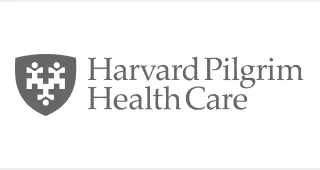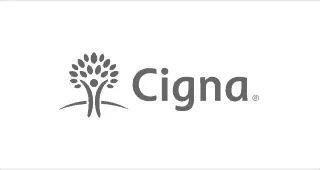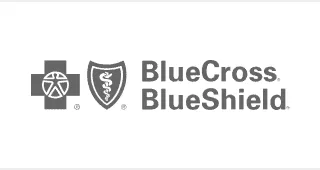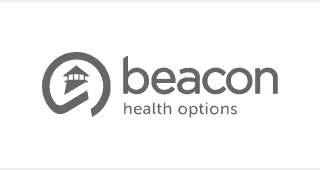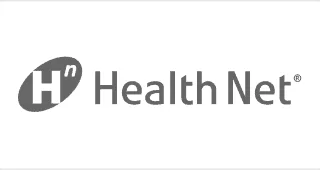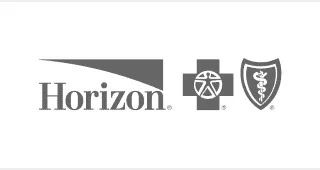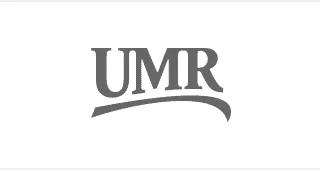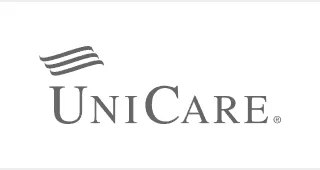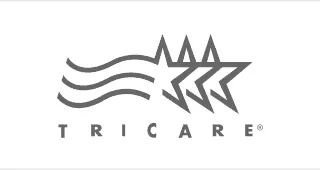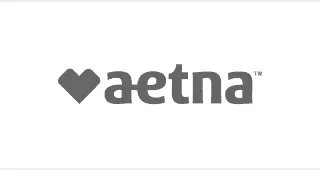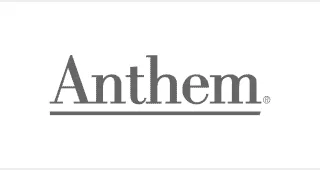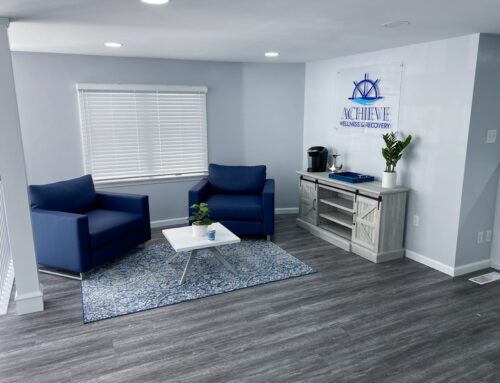Are you searching for an addiction treatment program that will fit your schedule? If so, it’ll be ideal to consider either an intensive outpatient program (IOP) or partial hospitalization program (PHP). These effective programs offer individuals fewer restrictions than other treatment programs and overall flexibility.
PHP and IOP programs provide access to irreplaceable psychiatric and medical support. In most cases, depending on the rehab center, either of the programs can allow you to reside at your place of residence, continue attending your job, and maintain your current schedule. Many appreciate being able to uphold their lifestyle with little to no disruptions.
Even though both IOP and PHP are substantial treatment programs, there are numerous differences between IOP and PHP programs. Today’s blog will discuss IOP vs. PHP and how these distinguishable differences greatly impact a person’s overall recovery.
What Makes an IOP Different From a PHP in Addiction Treatment?
The time commitment makes an IOP different from a PHP in an addiction treatment program. However, the difference of a couple of hours can convert to more differences in accountability, potential to backtrack, and support. You must decide on an addiction program that will be the most effective instead of the most convenient.
At first glance, an IOP and PHP program might appear to be replaceable part-time rehab options. Neither program involves the often overpriced requirement of living onsite at the treatment facility, allowing individuals to have more independence and freedom. Both programs give access to therapists, physicians, and medications if needed.
Ultimately, the way a person will decide between IOP vs. PHP will be through the following:
How Can You Determine Which Program Is Best for You?
As this blog lays out the difference between IOP vs PHP, ultimately, it’ll be up to you to decide which program is the best for you. PHP will give their patients greater access to medical staff, allowing better monitoring of the person’s condition.
A partial hospitalization program is considered an ideal choice for individuals who:
IOP treatment is generally recommended for individuals that have experienced the acute stage of withdrawal and don’t require around-the-clock monitoring. It’s also recommended for individuals that don’t necessarily meet the diagnostic criteria for an inpatient treatment program and struggle from moderate to mild addiction. IOPs are the preferred choice for individuals striving to return to their daily routines.
Especially since patients can reside at their homes and probably have more free hours in their day. However, it’s fundamental to remain honest and realistic about your psychological and medical needs and how much freedom you can handle. Even though it’s normal and expected to want to be finished with rehab, if you don’t feel certain that you have a handle on your addiction, it would be ideal to enroll in a higher form of care such as PHP.
IOP is not recommended for those who:
Being able to choose between IOP vs. PHP and understanding the difference between IOP and PHP can be challenging. Various acronyms, letters, and overall jargon can be confusing and difficult to understand. Below are a few things to consider when searching for the ideal addiction treatment program.
Affordability
A huge thing to consider is your financial standing. There are several ways to pay for treatment. It is required that insurance cover behavioral and mental health services because they are considered important health benefits.
It is also suggested that you find out if you qualify for Medicare or Medicaid because they cover specific services. You are not out of options if you cannot do any of the services mentioned above. Many programs offer numerous payment plans or even allow credit card payments. In addition, several loans and grants are offered by institutions, along with crowdfunding.
Lifestyle
The most important point is service setting. This feature of the program tends to be influenced by the following factors:
Treatment options mainly fall under two categories: outpatient and inpatient. They define whether or not the patient would have to stay in the treatment facilities continuously or intermittently. It will also determine the simplest way to sharpen the recovery model that works best for you.
However, it’s super important to remember that there’s a big difference between what will be effective vs. what is the most convenient. Individuals undergoing a severe addiction or are too much of a risk to others or themselves are often recommended residential treatment. Once residential treatment is completed, it’s common that some patients might not feel ready to go back to the real world and completely begin their lives from scratch, feeling that they might need to transition back into it instead gradually.
Some individuals might not need or qualify for inpatient treatment. Whatever the cause, outpatient treatment options such as IOP and PHP are available.
Time Commitment
There are short-term and long-term treatment options available for patients. The shortest length program that an individual will find is considered a short-term 30-day residential treatment program. These would be the programs that include therapy, and/or counseling, not just the detox process. The long-term treatment options can go from 90-200 days, depending on the severity of the patient and the service setting.
Choose Between IOP vs. PHP at Achieve Wellness Recovery
Different cases will require different treatment approaches. IOP vs PHP treatment are both meant to help an individual who needs help adapting and adjusting to a new sober lifestyle. While the recovery journey can be challenging, it’s not impossible. Let us be the proper support for your treatment needs. Contact us to start sobriety.
We work with most insurance companies. Please note we are not affiliated with or endorsed by insurance companies.
No Medicaid Accepted.
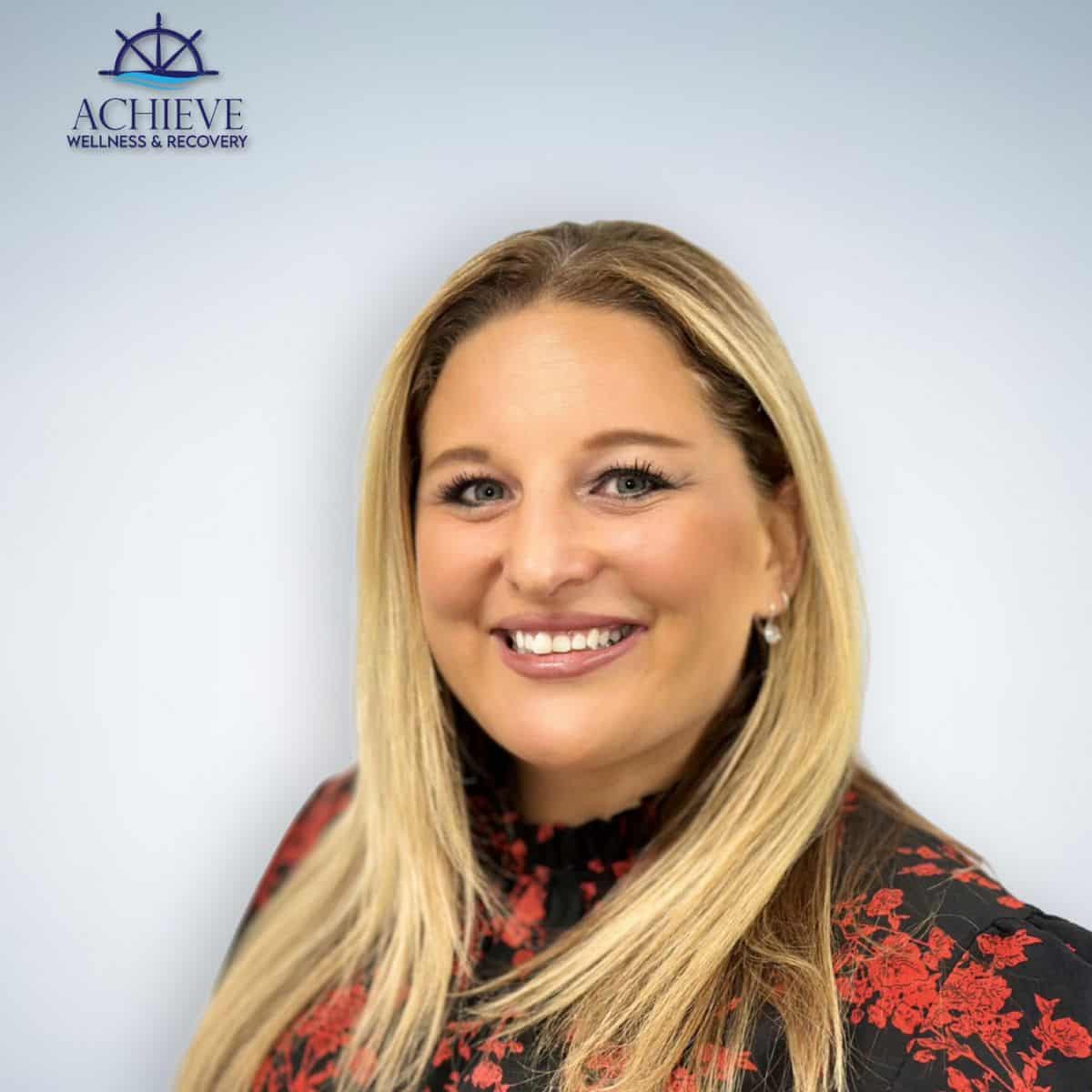
Medically Reviewed By
Nicole Rettino-Lambert LCSW, LCADC, CCS, CCTP, CSTIP
Nicole Rettino-Lambert is a dually licensed clinician with over 20 years of experience working with children, adolescents, and adults in both addiction treatment and mental health treatment. Along with extensive experience in clinical work, she has held leadership roles in both inpatient and outpatient addiction treatments centers in New Jersey. Throughout her various leadership positions, Rettino-Lambert has developed clinical programming, assisted staff in their growth and development in the clinical field, and had the privilege of helping numerous individuals on their path to recovery.
As a clinician, Rettino-Lambert specializes in addiction trauma, mental health, self-harm behaviors, anxiety, intimacy issues, sex addiction, and personality disorders. She holds certifications as a clinical trauma professional and sex informed professional. Her passion and purpose as a clinician are to help individuals find their voice, purpose, and motivation through their recovery. She takes pride in being part of the process that helps those who are fighting for their lives to achieve both sobriety and wellness.In her role as a Clinical Director at Achieve Wellness and Recovery, Rettino-Lambert works tirelessly to ensure that her staff feels supported in their roles, continues their clinical growth and development, and is empowered to become the best versions of themselves. She firmly believes that all the staff are an essential part of clients’ recovery journey and that they deserve continuous compassion, empathy, acknowledgment, and support from leadership.




